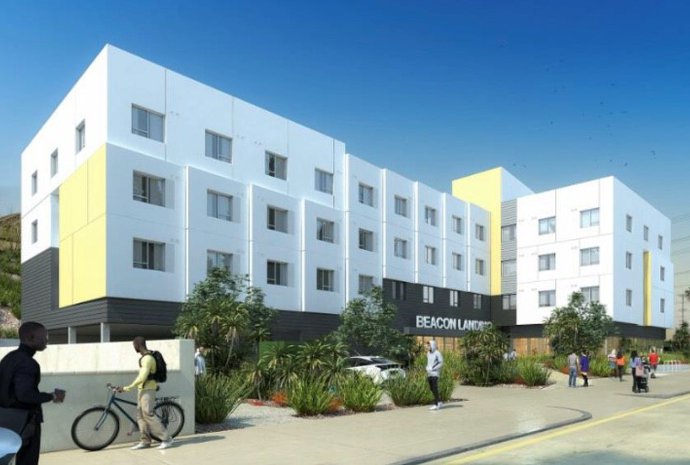HDTI In Focus: Building and Preserving Affordable Housing for California’s Rural Communities
California is the most populous state in the nation. While rural California accounts for more than half of the state, it only represents 9% of the population, which may explain why the needs of rural communities are often overshadowed by those of urban areas in conversations about affordable housing and distribution of limited resources in the state. The affordable housing crisis in rural communities is less visible than in urban areas; nonetheless, the problem is becoming more widespread by the day in rural areas.
This year’s HDTI rural cohort is committed to changing that. HDTI helps nonprofit affordable housing staff build their skillset around development, equips them with technical information about accessing statewide resources, and connects them with a network of peers who are doing similar work and facing similar challenges that may be unique to rural affordable housing development. We spoke with HDTI rural cohort member Theresa Nantor, Director of Rental Housing Development at the Community Housing Improvement Program (CHIP). One of CHIP’s landmark projects is the rebuilding of the Paradise Community Village, which was destroyed in the 2018 Camp Fire, the most destructive campfire in California’s history.
 LISC LA: What motivates you to do this work?
LISC LA: What motivates you to do this work?
TN: At the core of my motivation to do this work is the strong desire to improve the lives of the most vulnerable among us. Access to safe, decent, and affordable housing in rural communities is vital to the well-being of seniors, the disabled, women, children, and people of color.
Affordable housing improves education outcomes, access to medical care and healthy foods, and aids financial stability for under-resourced households. In rural communities, affordable housing allows seniors to remain in their neighborhoods, gives young people and families a place to call home, and provides a safe and accessible home for differently-abled persons.
Wildfires have devastated areas in our region, leaving many households with no choice but to leave the area and even the state.
LISC LA: What would you tell someone unfamiliar with the affordable housing crisis facing California’s rural communities?
TN: The hill to climb to develop in rural areas is higher than in urban areas because development does not naturally occur on a large scale. Supply chain delays, labor shortages, and higher construction costs have a more significant impact on rural communities than in urban areas, which reduces the appetite for private investment leaving rural developers to rely on scarce public resources. Affordable housing is needed in every neighborhood to create sustainable, equitable, and vibrant communities that benefit our seniors and disabled; and those employed as childcare providers, elderly caregivers, farmworkers, and service sector employees.
LISC LA: What are you most looking forward to in HDTI?
TN: HDTI is a unique, high-value training and development opportunity for housing professionals. I look forward to connecting with colleagues across the state to share and learn about their experience in affordable housing development and financing.
About California’s Housing Development Training Institute (HDTI): Over 30 years ago, LISC offices in California launched HDTI to respond to the lack of affordable housing training available for project managers to succeed in the field. Since that time, the program has prepared over 500 hundred graduates representing 100 community development organizations who are now changing the affordable housing landscape throughout the state. Thanks to a generous grant from Merritt Community Capital Corporation, LISC is continuing HDTI’s mission and expanding its work to show the importance of having diverse affordable housing professionals.

